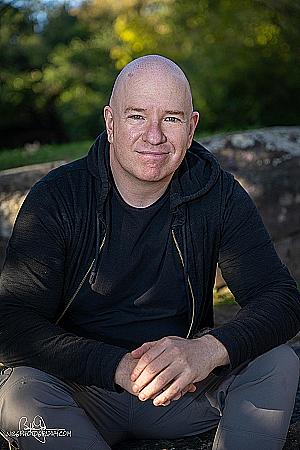Narration of big pharma company mini-documentary
Description
Vocal Characteristics
Language
EnglishVoice Age
Middle Aged (35-54)Accents
North American (Canadian-General) North American (General) North American (US General American - GenAM)Transcript
Note: Transcripts are generated using speech recognition software and may contain errors.
Around the world. Millions are living with genetic diseases, diseases with limited treatment options that often don't address the underlying causes. Leaving scientists questioning what can be done and leaving people living with the diseases with little hope for answers. While some have shied away from the challenge, others have refused to give up. But Bill's not alone in his pursuit for answers. He's joined a team of experts who are redefining the way they approach these diseases. They're using scientific discoveries that have given them a leg up in research they've been doing for decades. Cell and gene therapies are designed to treat prevent or cure diseases by addressing their underlying causes. Cell therapy modifies a patient's cells or gives them cells. They lack gene therapy, which includes gene editing and other approaches, modifies the genetic code to fix a defect or improve how certain cells work. Sometimes they're used together to treat disease. Gene editing has enabled scientists to test the bounds of what's possible for the first time. They may be able to fix mistakes in the genetic code and fundamentally change the lives of people living with genetic diseases. For decades. Research on genetic diseases has mostly focused on managing symptoms. But these teams of specialized scientists are investigating the defects in genes and cells that give rise to these conditions with the hopes of solving them once and for all. But each new answer brings new problems to solve new layers, to peel back every hurdle they overcome, brings these scientists deeper into previously uncharted territory. The first part of our series explored how discoveries in cell and gene therapy have opened up new opportunities for the world of medical research. For the next part of our series, we'll dive into how a research company called Vertex is overcoming scientific challenges and unlocking the potential of these revolutionary technologies for people with genetic diseases and these obstacles don't stop there. Each disease area weaves a complex web which these scientists are unraveling more and more. However, the researchers at Vertex are realizing that while they may be trying to solve different problems, they can often find common solutions across projects. A key differentiator for the team is not only being able to find red threads between their different research areas in their recently established Laden Center for cell and gene therapies, but to focus on the long term goal of their work.
